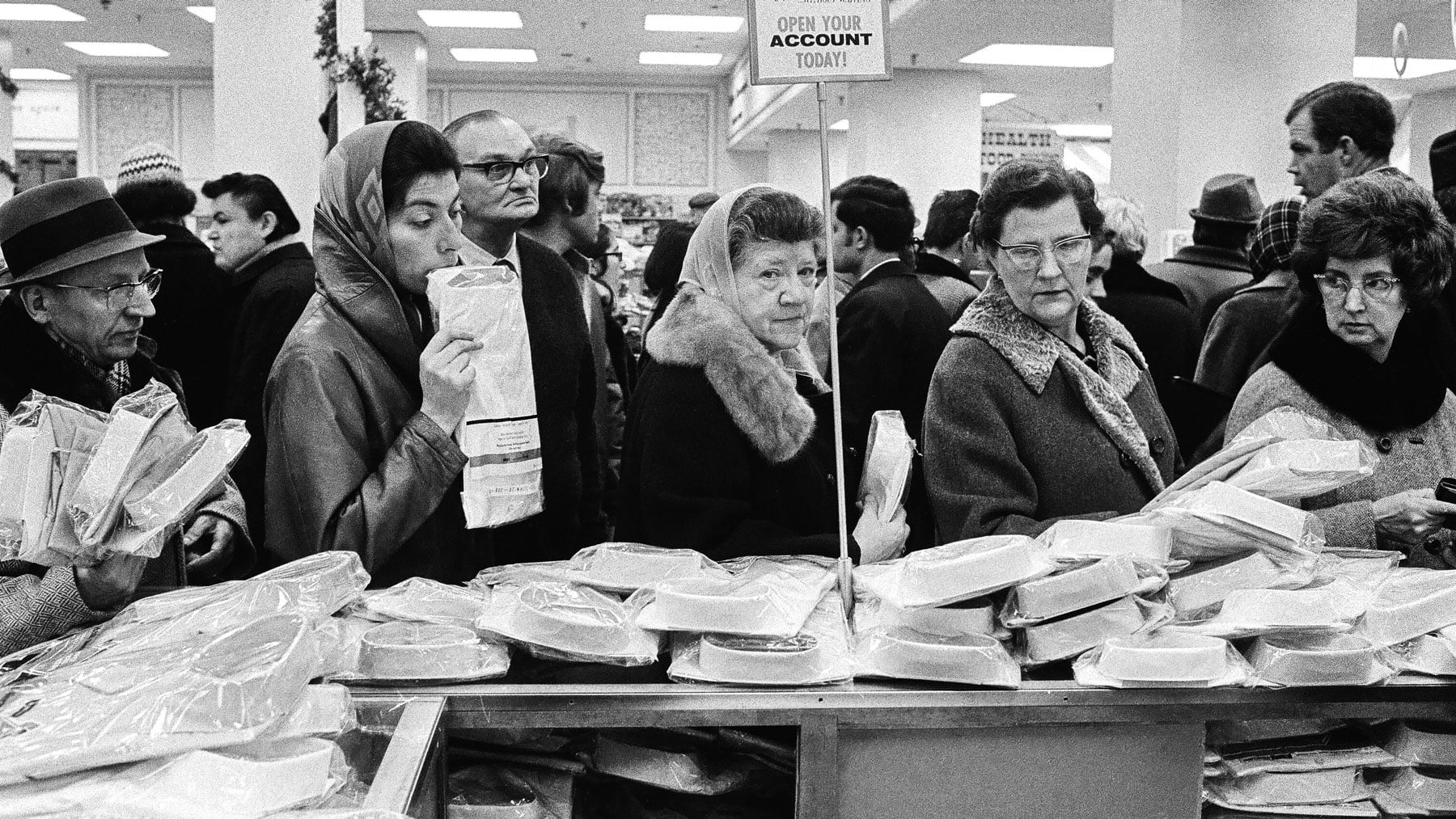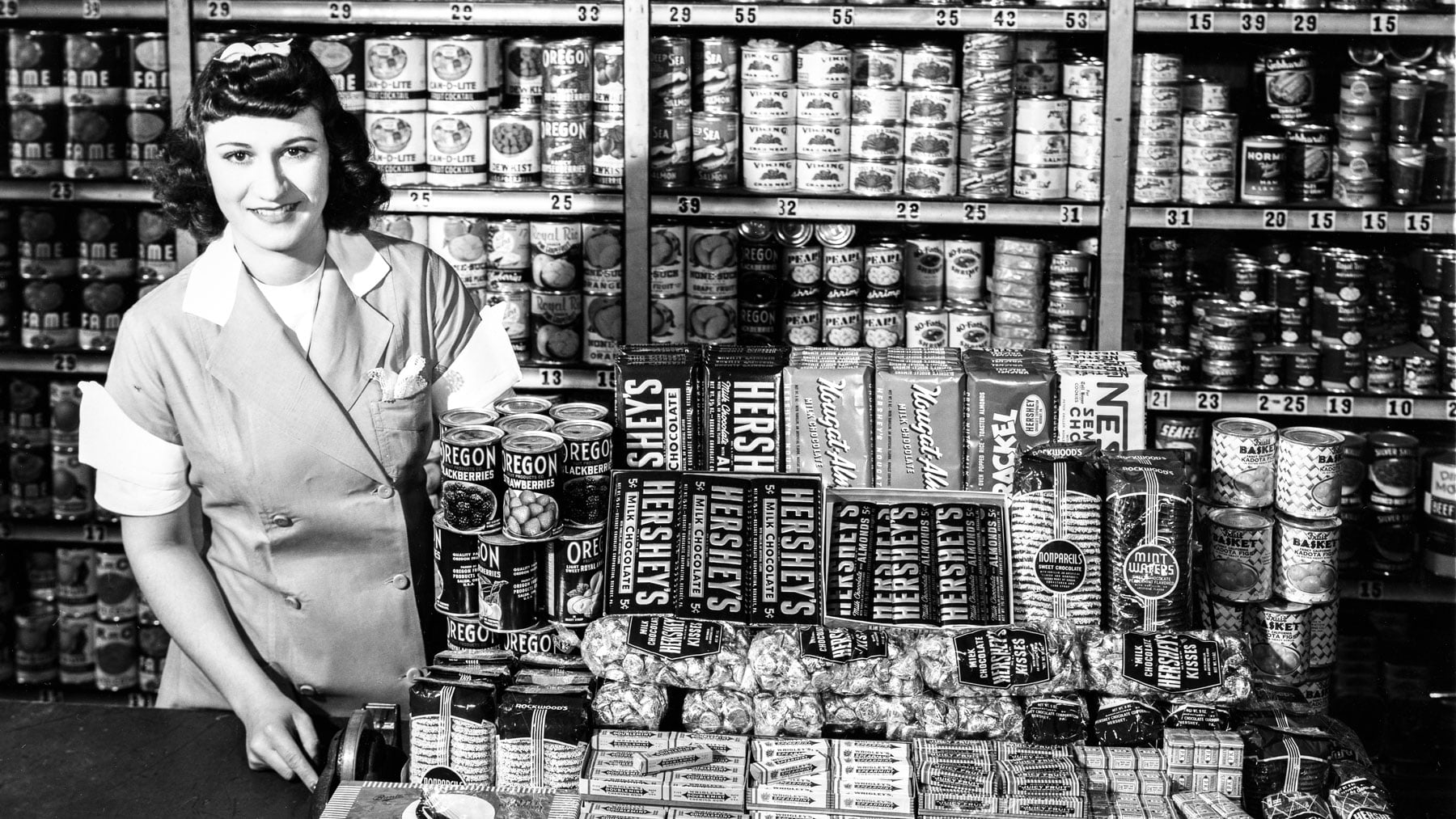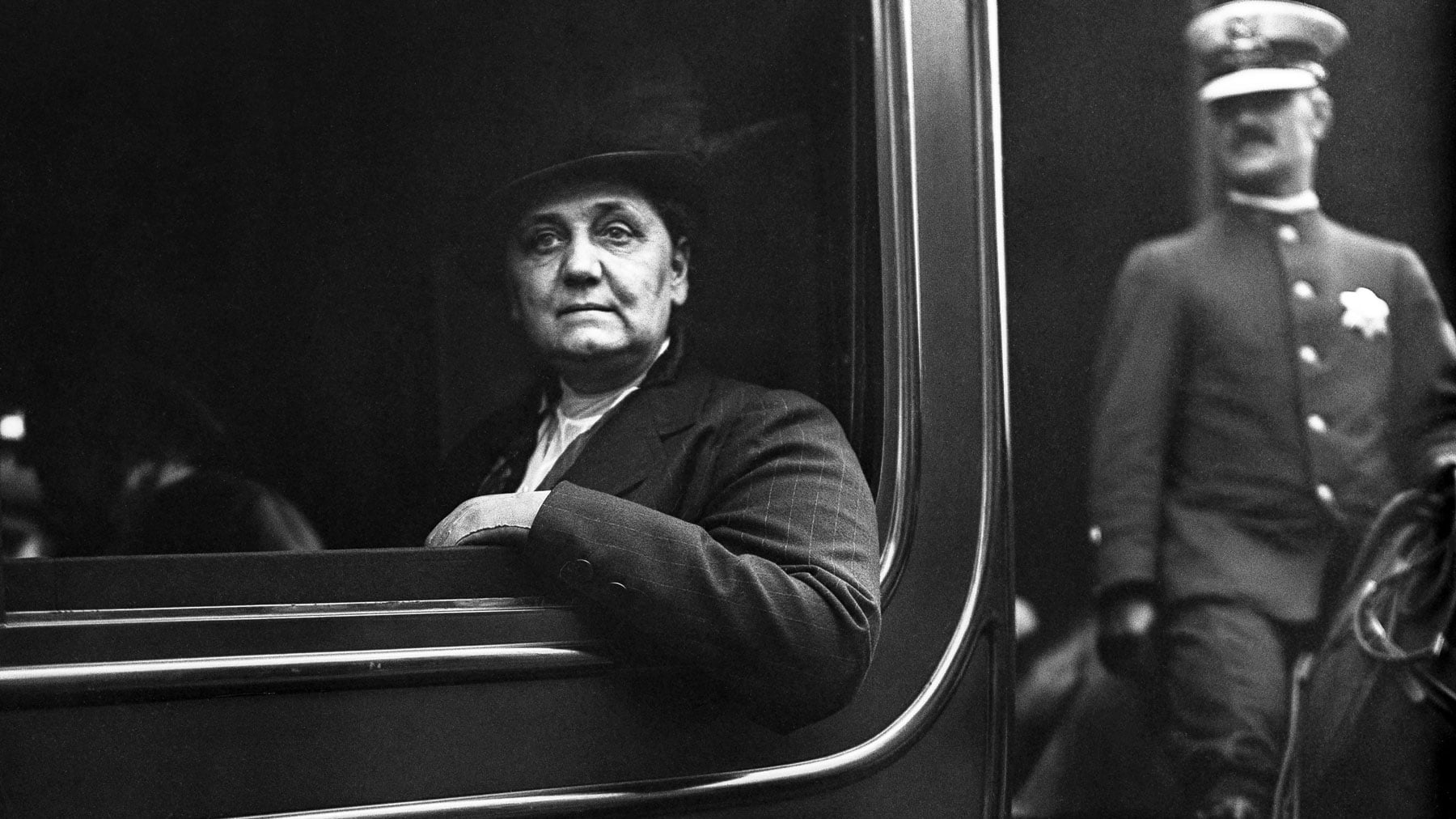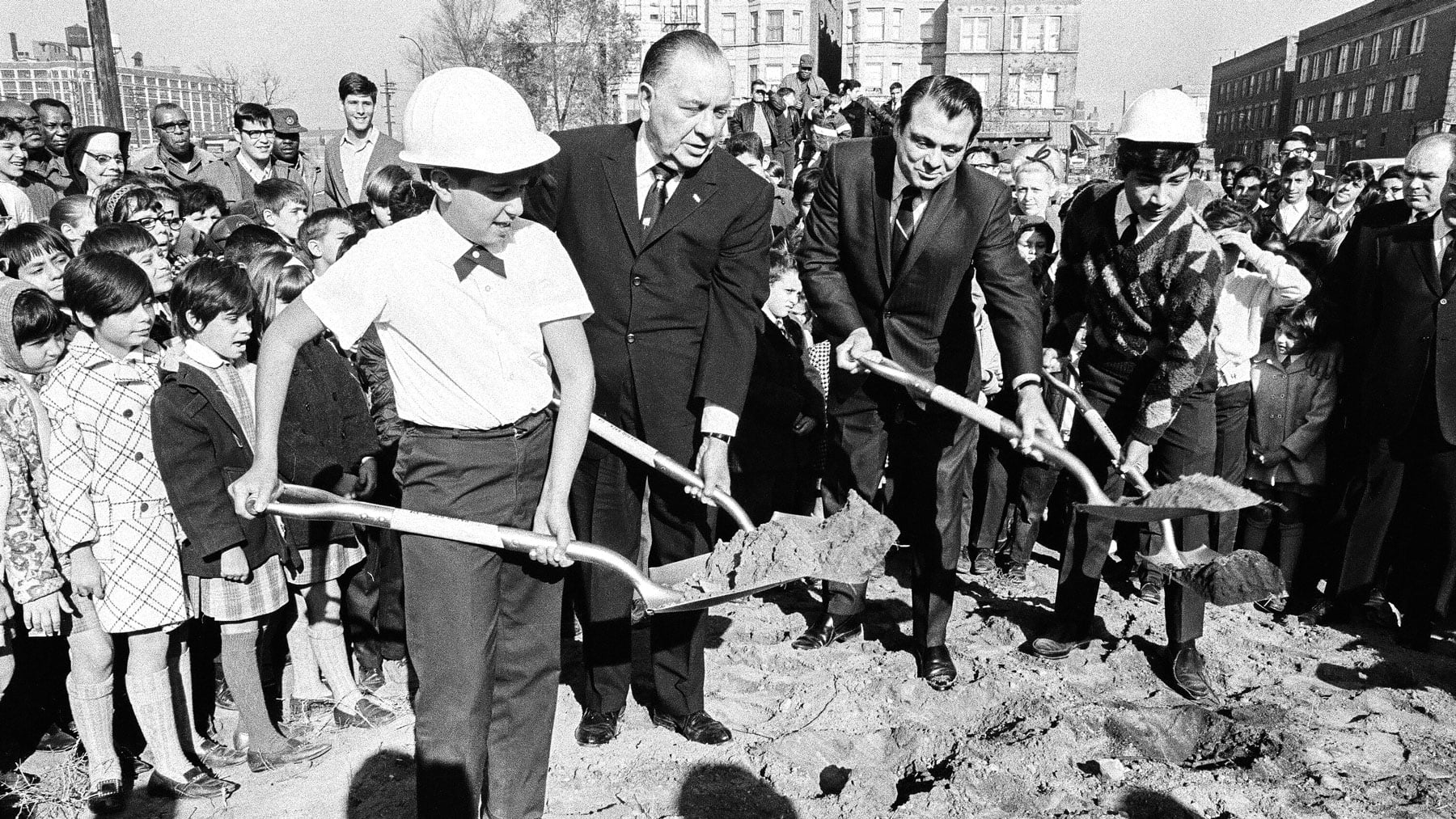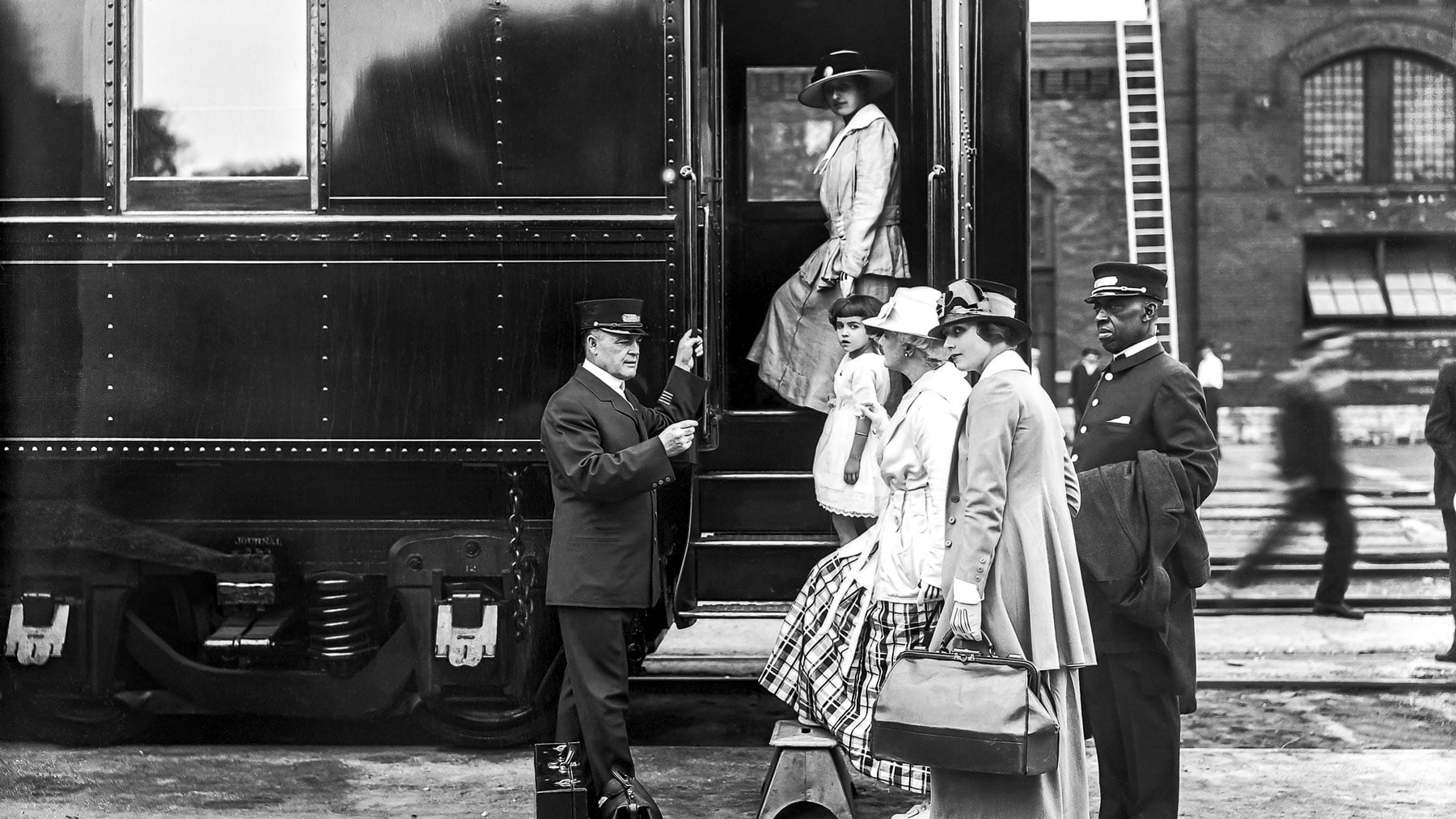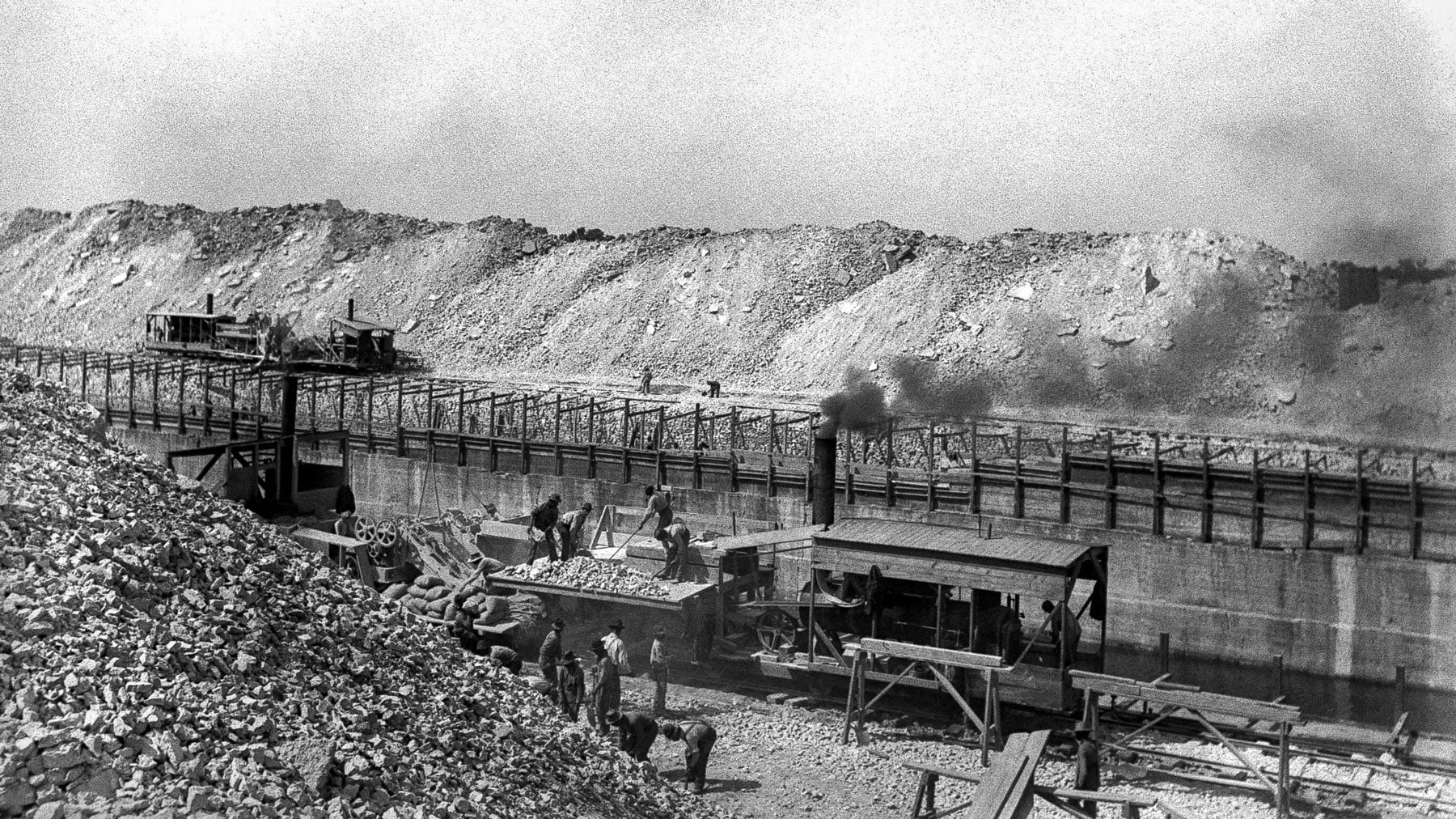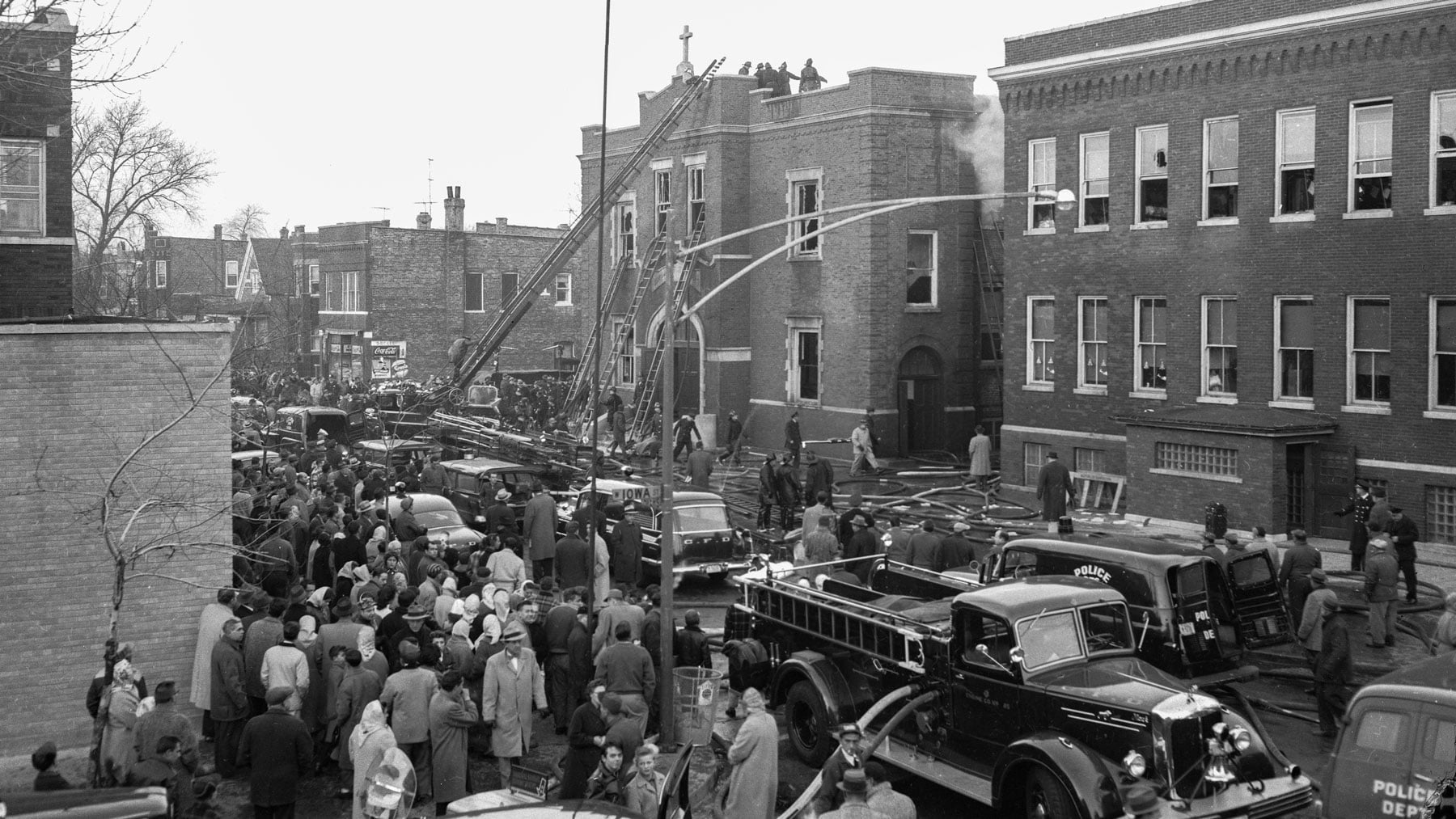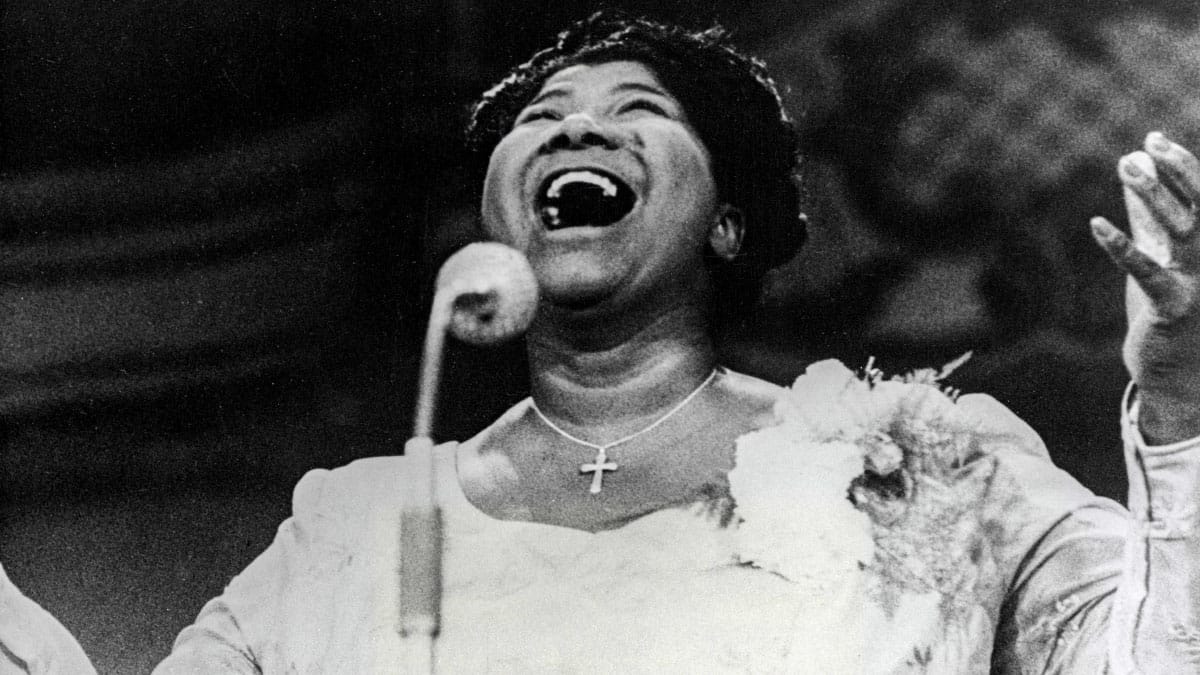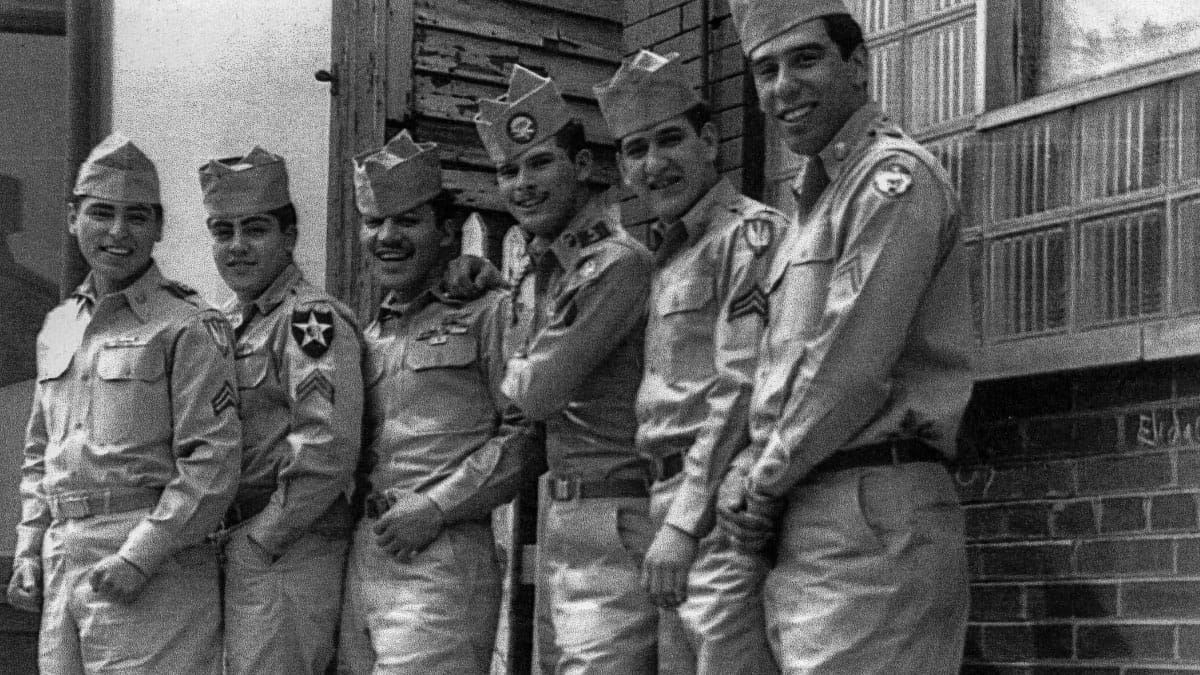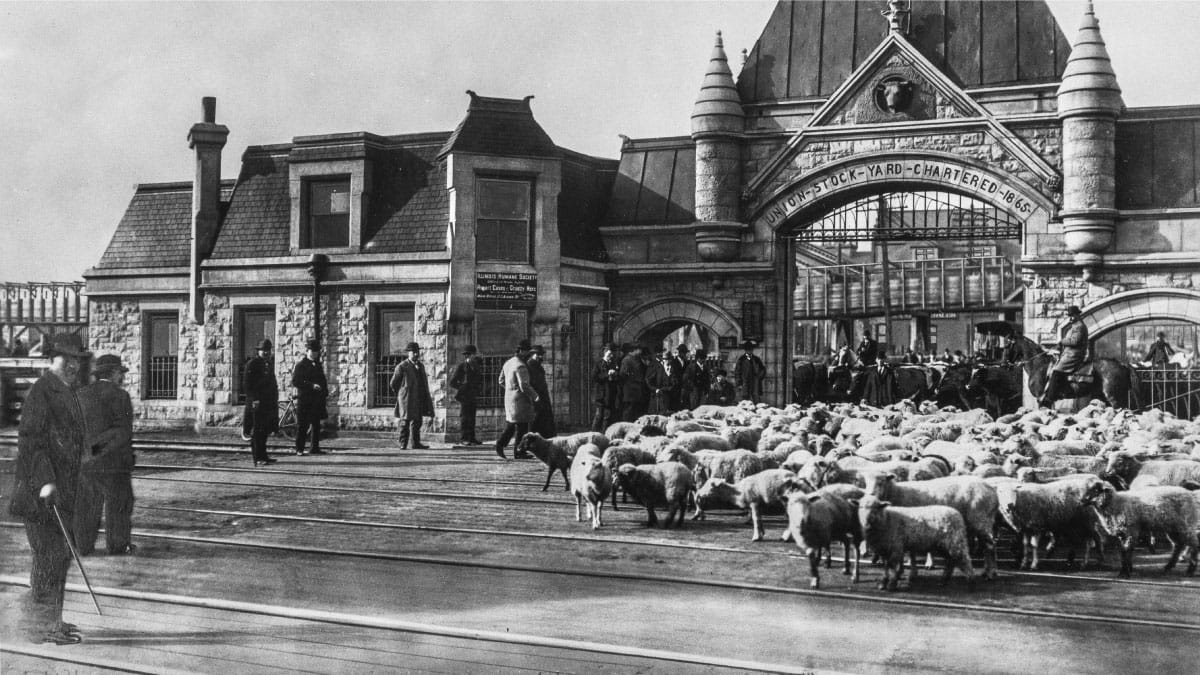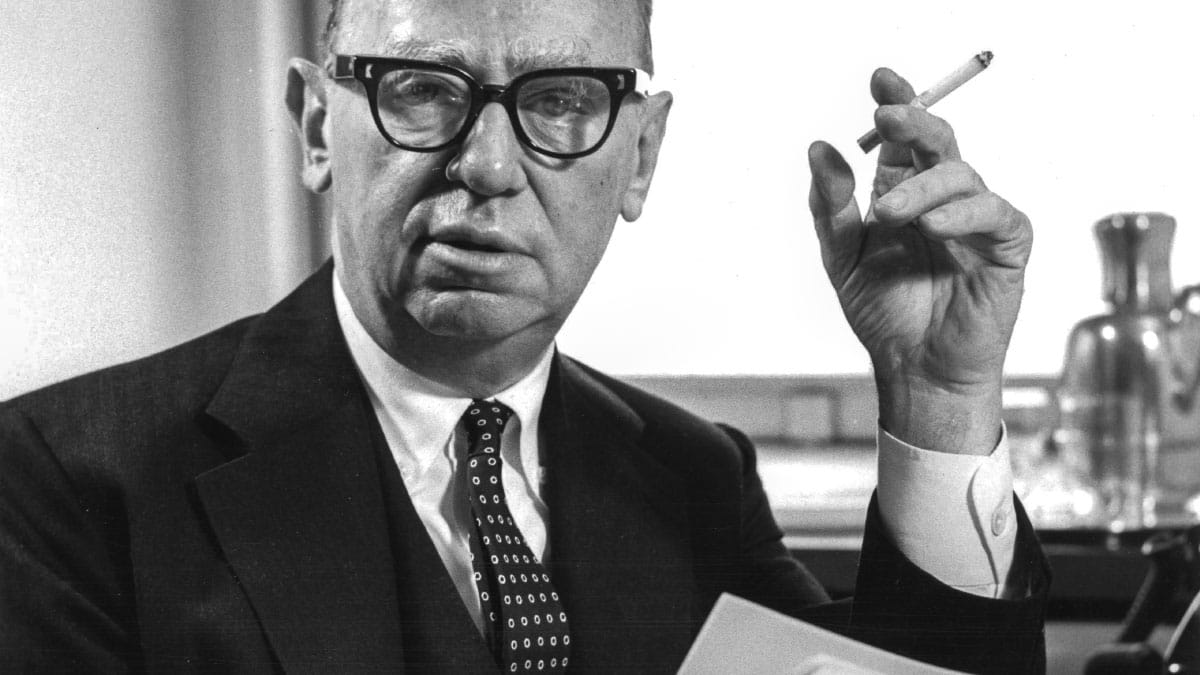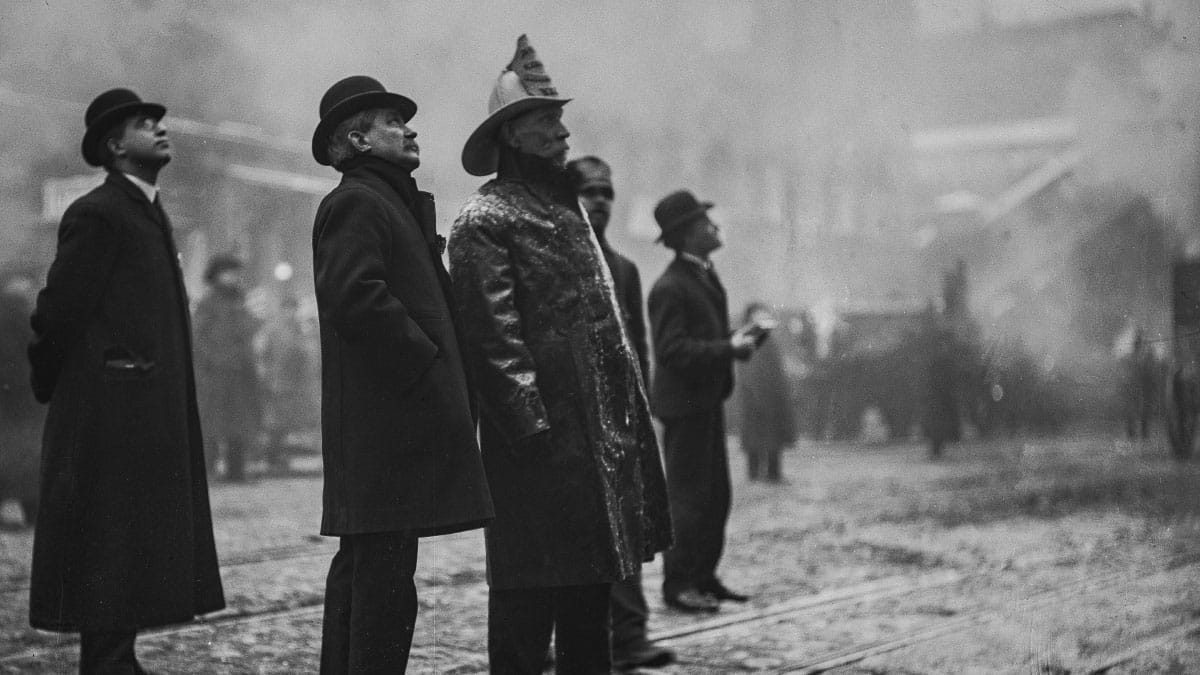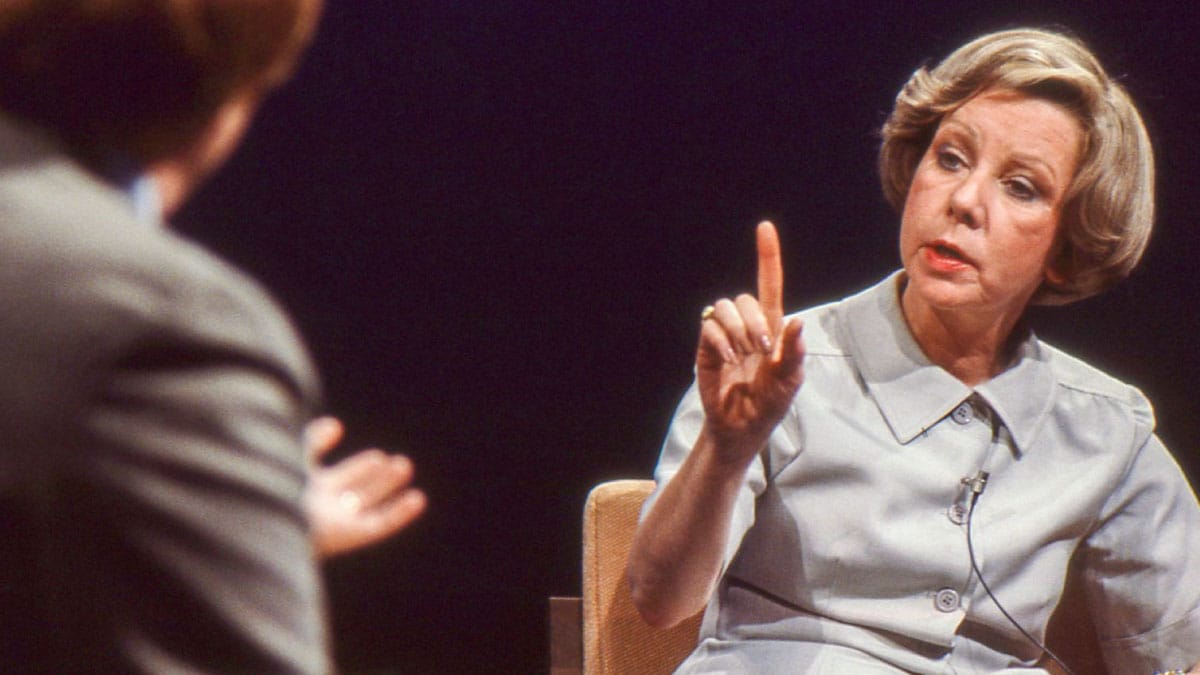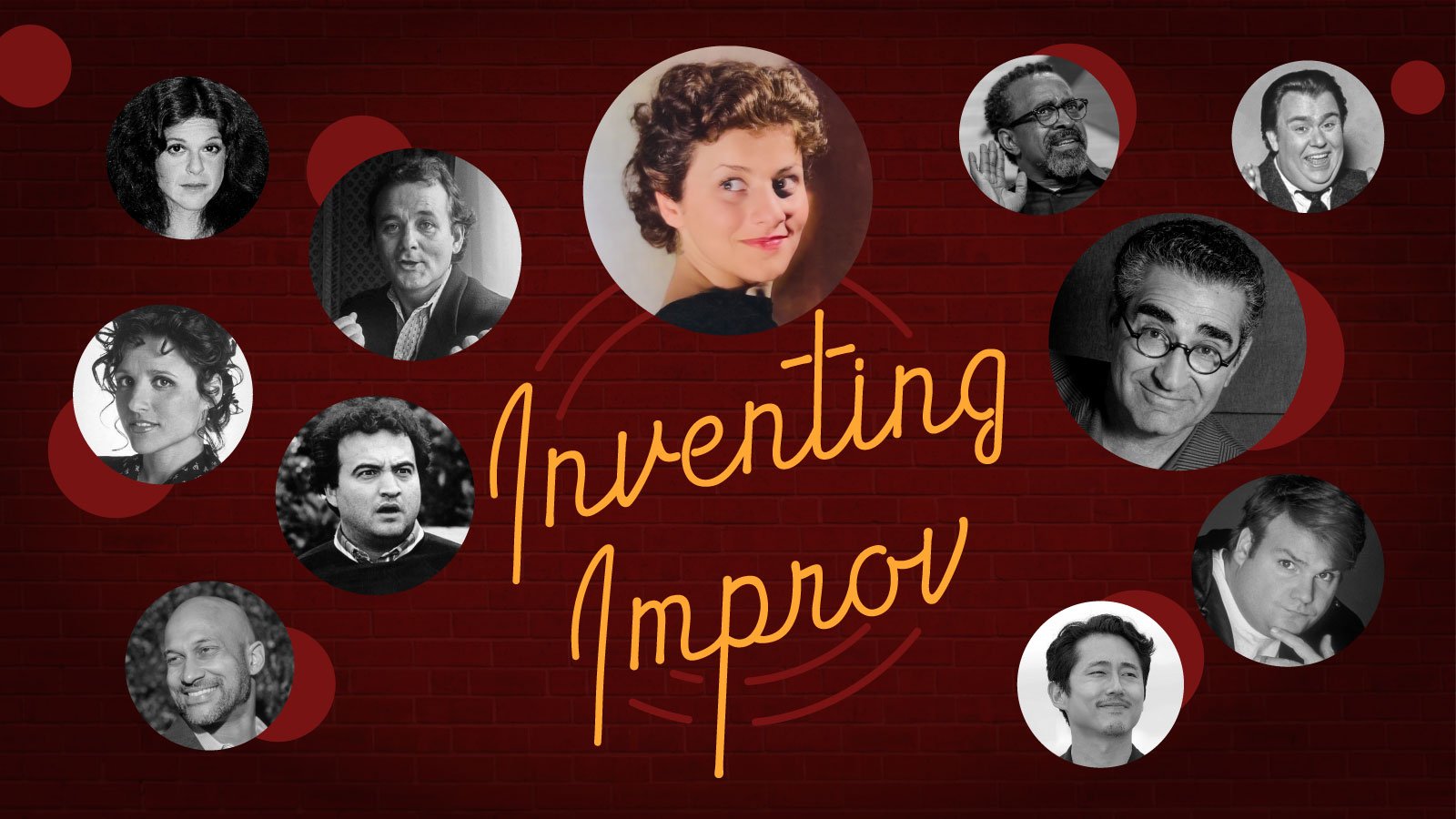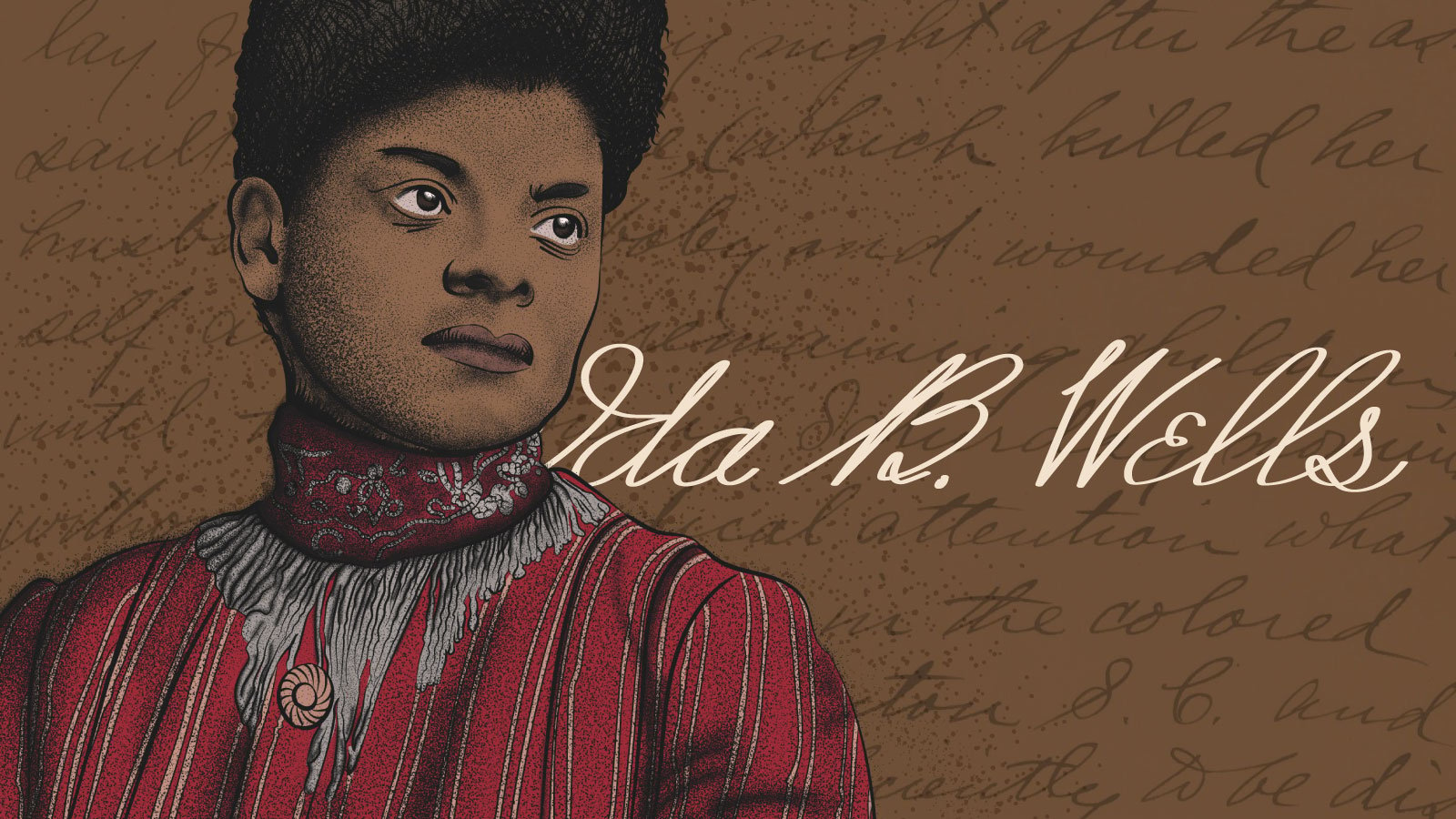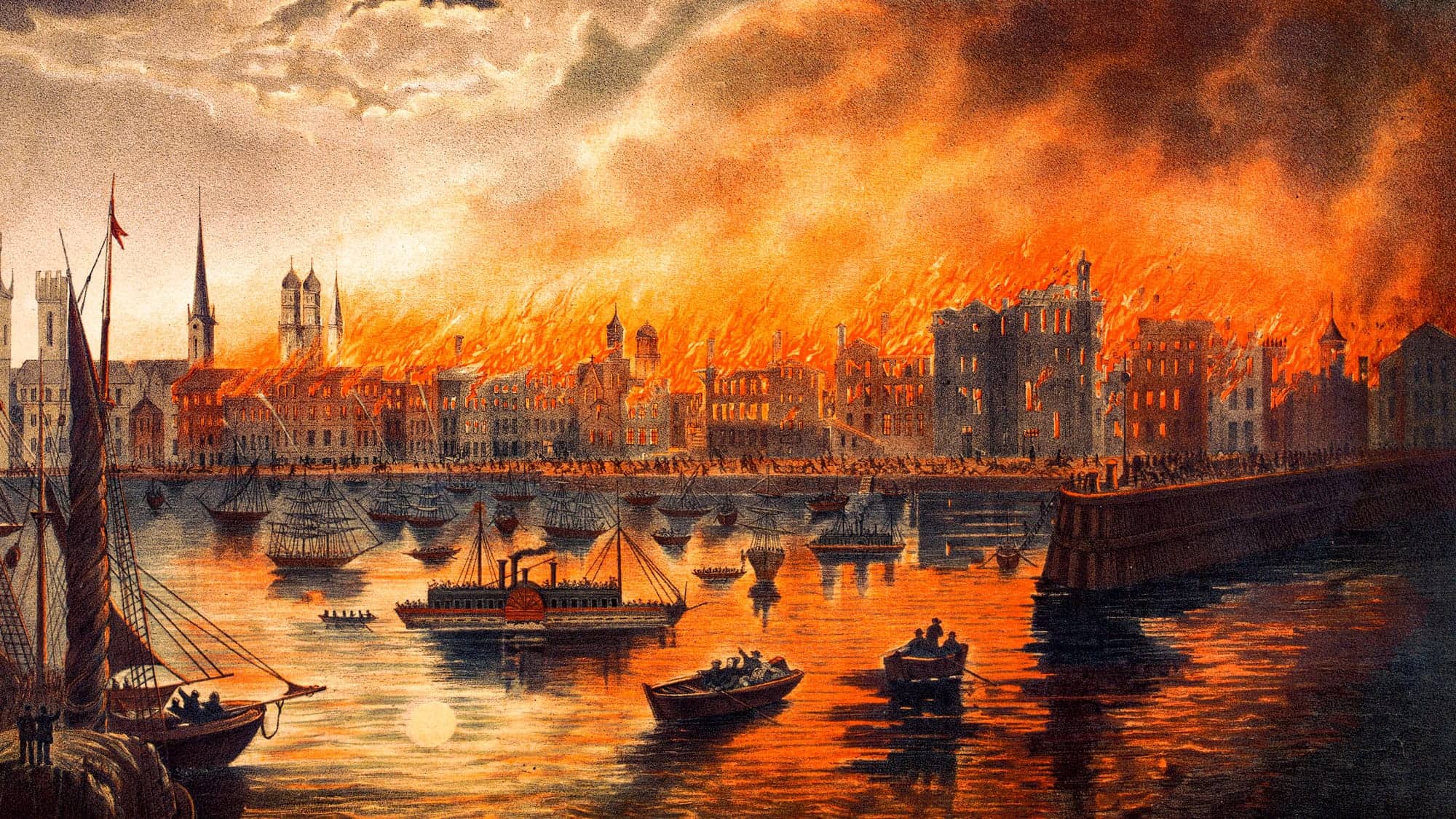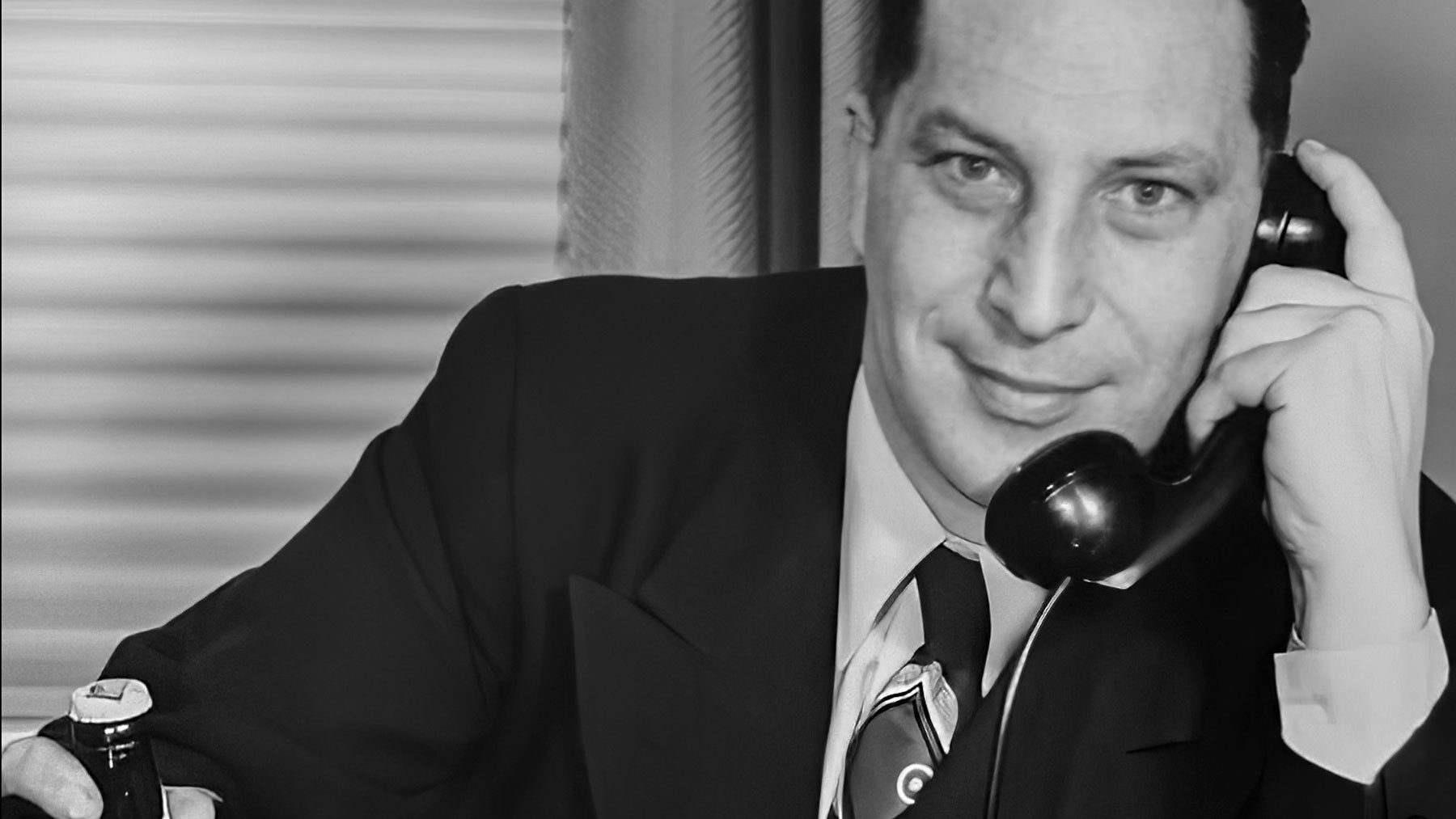The glamor, drama, and flaws of the New York advertising world were famously depicted in the Mad Men television series. But it was a Chicago ad man that partially inspired the show’s not-always-easy-to-root-for protagonist.
Draper “Dan” Daniels, an advertising executive who worked at the Leo Burnett Company before starting his own agency, inspired the name for the fictional Don Draper. In the critically acclaimed series, which ran for seven seasons between 2007 and 2015, Jon Hamm plays Draper, a brooding but brilliant ad executive with a secretive past and some pretty bad habits. Though many who knew Daniels or worked in the same era say he was different from Draper, they point to broader similarities between the fictional advertising world and the real one.
The show is set in New York, and Chicago ad agencies had their own distinctly Midwestern style of advertising, but some of the overall themes reflect what was happening in the industry.
“As a picture of the business, it is brilliant and quite accurate. Kudos to them. It’s the best fictional depiction of advertising there has ever been,” Stephen Fox, author of The Mirror Makers: A History of American Advertising and Its Creators, told Chicago Stories. Fox said the show did a good job of showing how hard it was to work at an ad agency.
“They’re always just working long hours and having their egos crushed, especially the younger copywriters who think they do great stuff and then some account executive or somebody higher up the food chain just wipes out weeks worth of work,” Fox said.
Fox also said the show accurately reflected how advertisers responded to the rapid cultural changes of the tumultuous 1960s. Don Draper demonstrates that ethos in one episode in which he says, “I’m living like there’s no tomorrow, because there isn’t one.” The show, said Fox, often asks the question, does advertising affect society, or is it a reflection of society?
“What you see at Don Draper’s agency is they don’t have a clue what’s going to happen next. They are just responding to changes, huge changes in the outside world during that decade,” Fox said. Fox also said that the real advertising agencies, much like in the show, lacked diversity among their staff until the 1960s.
“The business, under pressure from all those upheavals of the ’60, starts to reflect society as a whole much better than it had been. It had really been retrograde in terms of ethnic and gender diversity for decades. That finally starts to get undermined in the 1960s,” Fox said.
Some former Chicago ad men who spoke to Chicago Stories saw some of their own experiences reflected in the show, including an ego-driven culture that was not always respectful of women or people of color.
“Male behavior fueled by power, money, and martinis drove the culture,” advertising expert Bruce Bendinger said. “If you’re a woman in the industry, you had your own narrative and your own examples to recount. It was not mankind at its best. Let’s just say that.”
And when Don Draper had a drink or two with his colleagues at lunch? That wasn’t so far off the mark, either.
“They may have had three-martini lunches in New York, but in Chicago, they had six-Jack-Daniels lunches,” Carol H. Williams, a former creative director and vice president at the Leo Burnett Company, said.
But John Kinsella, a former Leo Burnett ad man, didn’t love the show. He said there may have been some individuals who shared some of Don Draper’s imperfections, but for the most part, that representation “wasn’t characteristic of most advertising people, whether it was New York or Chicago or anywhere else.”
“I found it demeaning to the advertising business,” Kinsella said.
As for Draper Daniels himself, some former ad men who worked with him said he shared some characteristics with Don Draper in that they were both creative, handsome, and known for being a brilliant ad man. The show’s creator Matthew Weiner told Vulture in 2010 that he simply liked the name and tweaked it for his main character, but that’s where the overt borrowing from Daniels’s life ended.
“Draper Daniels was one of the top creatives. Draper was a legend in his own mind. Draper was good-looking, but tough, smart,” said Howard Cain, a former account executive at the Leo Burnett Company. Daniels ended up leaving the Leo Burnett Company to work for the Kennedy administration. Later, he returned to advertising, then eventually led his own agency.
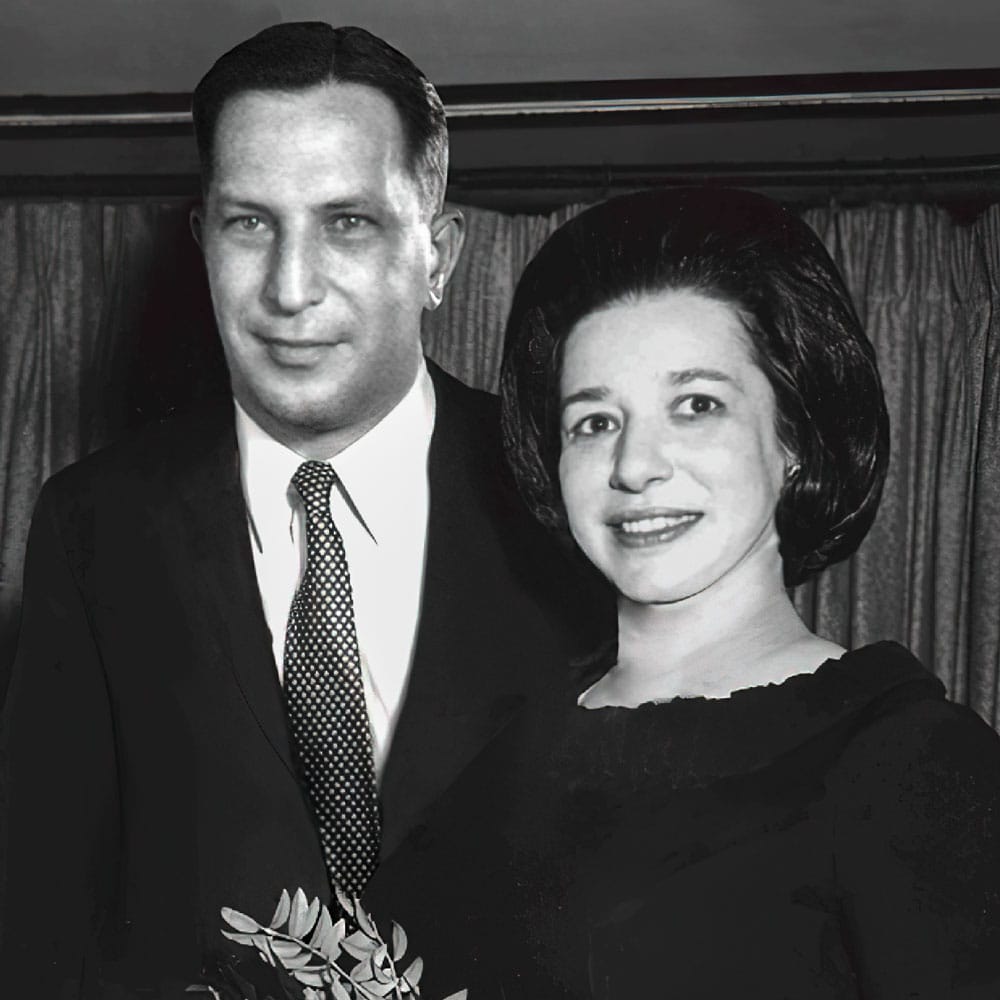
But for the most part, Don Draper is not a carbon copy of the real man. Gage said he once chatted with a fellow ad man who worked closely with Daniels who said Daniels had a “keener sense of humor” than Don Draper, who takes himself and his secretive past seriously.
Draper Daniels also had a different love story than the frequently unfaithful Don Draper. Daniels’s wife, Myra Janco Daniels, wrote a 2009 Chicago magazine article in which she told the story of meeting Daniels. She was an ad executive at another firm that he purchased. After months of working together, Draper pursued Myra even though she was engaged. Though she didn’t see him romantically at first, eventually they dated and got married. She writes that her husband was funny, charismatic, and a “brilliant wordsmith.” She said that he also stopped drinking upon her request.
“Certainly Draper Daniels was nothing like the Don Draper character,” Norman Muse, a former Burnett copywriter, told Chicago Stories. “I’ve never known anyone in advertising who possessed all the attributes of Don Draper. Some narcissism, some people maybe had a couple of drinks too much, maybe a little philandering, but not in one person.”
Muse said he noticed a shift in Mad Men. Initially, he said, the show was really about the world of advertising. But as time went on, it became more about the characters – flaws and all.
“I believe a similar thing happened in advertising at the same time, where the story was always the success of a product, the success of a brand,” Muse said. But eventually, “the plot became this success of the people who were creating the advertising. It became a cult of celebrity, especially in New York advertising.”

